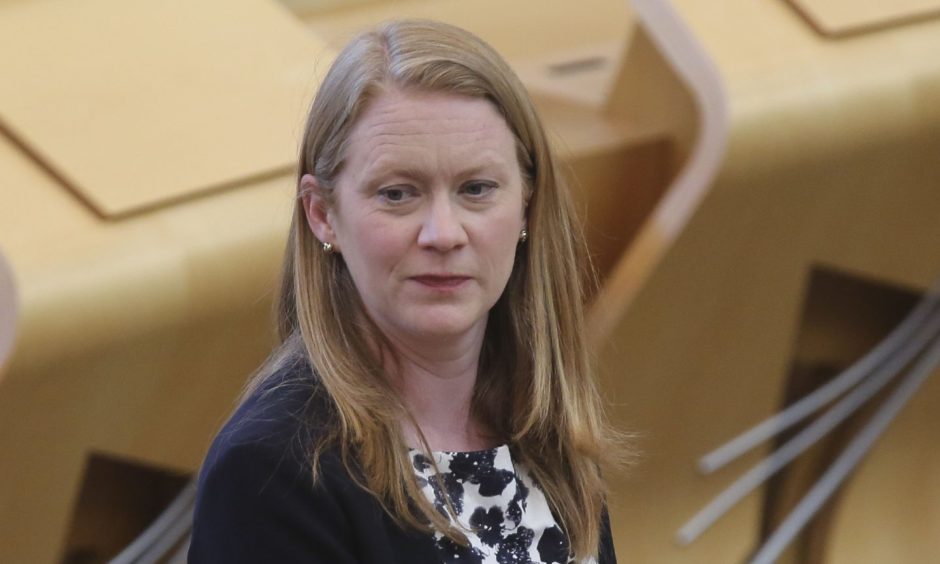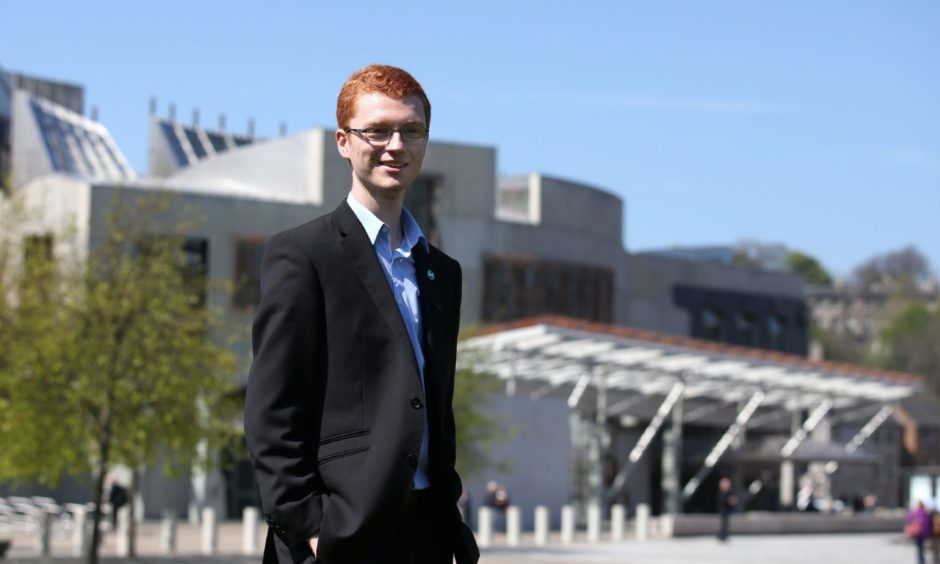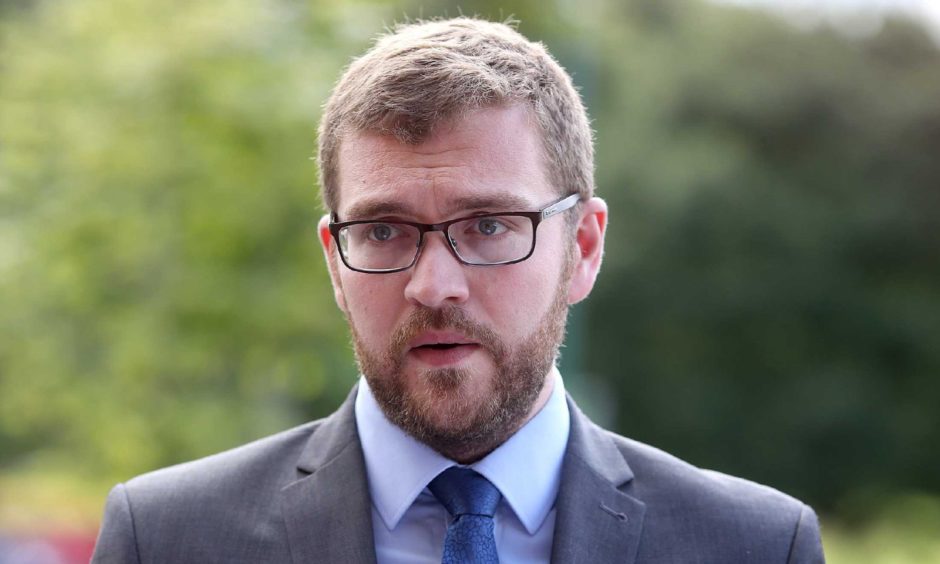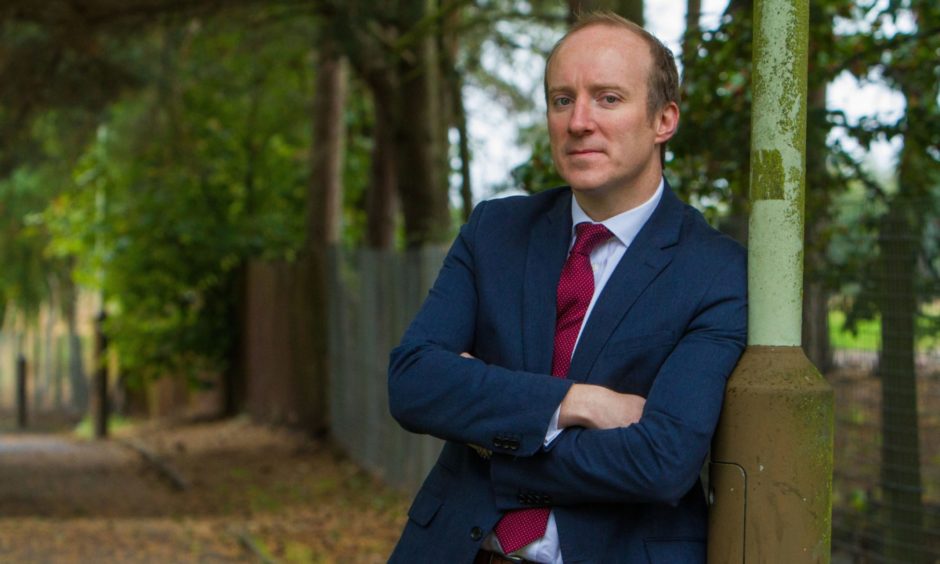Scottish school pupils will have the right to appeal their assessment results directly for the first time but face a “perverse gamble” as grades could be moved both up and down, the education secretary has confirmed.
Shirley-Anne Somerville told MSPs that youngsters will not have to rely on schools to appeal on their behalf if they wish to question the grades recommended by their teachers but was accused of failing to learn the lessons from last year’s exams “fiasco”.
Grades are to be based on teacher judgements – without the use of algorithms or the past performance of schools – after National 5, Higher and Advanced Higher exams were cancelled for the second year running due to the Covid-19 pandemic.
As a result of the national lockdown at the start of this year, much of the assessment work done by teachers came in the final weeks of term – leading to claims this year’s assessments are “exams by another name”.
Pupils will be allowed to appeal to the SQA directly, a break from the usual process of schools submitting them on their behalf.
However, Ms Somerville confirmed any requests could see results downgraded as well as upgraded – despite calls for a “no-detriment” approach to recognise the disruption of a year that has seen most pupils learning from home for months on end.
Scottish Greens education spokesman Ross Greer said youngsters will be left with a “perverse gamble” over their future and insisted the SQA had “lost the confidence of Parliament” – something he claimed was underlined by Ms Somerville’s statement.
Speaking at Holyrood, the new education secretary said pupils will be able to appeal based on disagreement with their grade, allegations of administrative error, or on the grounds that the Equality Act may have been breached.
In an effort to speed up the process, pupils will be able to register for an appeal from the end of this month, when they are provided with their provisional grades, and priority will be given to those waiting to confirm university or college places.
Fair, consistent and credible
Ms Somerville told MSPs: “I recognise that some stakeholders are not supportive of this position and would seek an approach where grades cannot go down.
“While I am fully sympathetic to the position of learners this year, awards must, ultimately, be based on the actual attainment of pupils.
“That means that the subject specialist looking at an appeal must be able to give their true judgement on a pupil’s attainment, moving the grade in line with the evidence.
“In this way, the appeals system will be fair, consistent and credible. Without symmetry, there would not be a full and fair review of the evidence.”
Opposition MSPs insisted this year’s system is now “worse” than last year’s – a debacle that saw previous education secretary John Swinney face a vote of no confidence – because it fails to take into account the pressures of the pandemic.
Mr Greer said: “Schools will submit the strongest evidence they have in support of the initial grade – why would they have stronger evidence, suitable for an appeal but which they chose not to submit in the first place?
“It seems the risk of downgrading is increased by an appeals process reliant purely on limited and likely weaker evidence, rather than on the professional judgment of teachers.”
Simply unforgivable
The qualifications process has been under constant scrutiny in recent months, with reports surfacing of pupils being forced to sit in-class assessments. It also led to the rise of SQA approved assessment papers being shared among pupils online.
Tory education spokesman, Oliver Mundell, accused the Scottish Government of betraying Scotland’s youth and said the failure to learn lessons from last year’s grades is “simply unforgivable”.
“The fiasco of last year’s exams was bad enough for Scotland’s young people but shamefully the SNP have put this year’s pupils in an even worse position,” he said.
“First they told them exams were cancelled again but they have completely failed to address their concerns about sitting exams in all but name.
“Putting in an appeals process to try and rectify this long after deadlines have been missed just doesn’t cut it. The SQA is completely unfit for purpose and must be replaced by a body that will be trusted by parents, pupils and teachers.
“With alarming confirmation that thousands of pupils have easily accessed assessment papers and marking scripts online, this year’s assessment process is a total mess.”
OECD report
Ms Somerville also announced that a long-awaited OECD report into Scotland’s education system, established by former education secretary John Swinney last year, will be published on June 21.
The report was initially set up to assess the controversial Curriculum for Excellence but Scotland’s entire exam system was later put under the spotlight and a study of exams is expected to be released in early Autumn.
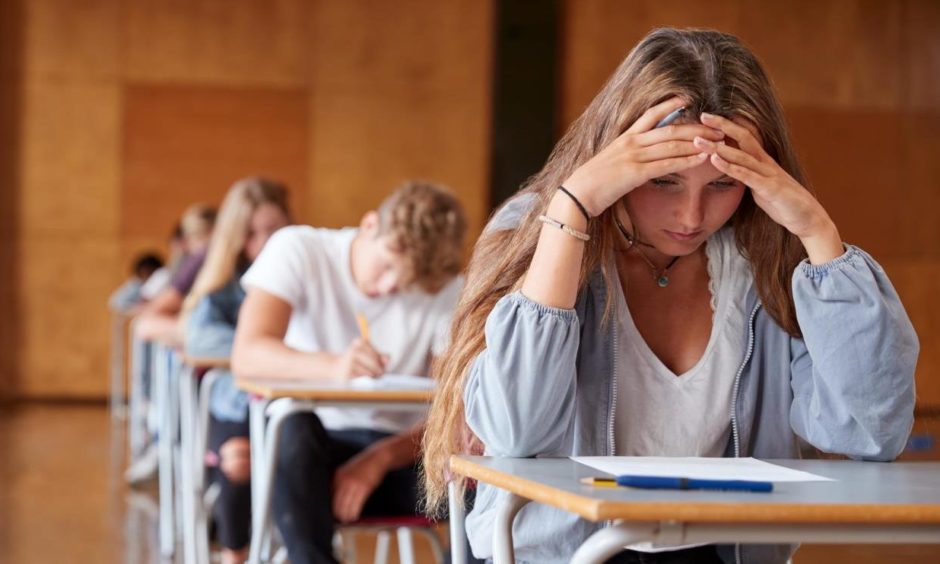
Mr Mundell claimed the SNP “have had this crucial report on their desk for months and kept it hidden from voters during the election campaign” and accused the party of waiting until the “very last moments” of the parliament to release it.
Meanwhile Scottish Labour’s education spokesman, Michael Marra, said Ms Somerville’s had “failed to answer key questions on pupil support, new evidence and, crucially, any avenue to have personal circumstances taken into account”.
He said: “Despite being dragged to Parliament, the Cabinet Secretary has failed to produce a credible and coherent appeals process. Eight months, six promises and two deadlines later, pupils, parents and teachers are still in the dark on key questions.
“At the centre of this are individual pupils left on their own to decide whether to contest the grades given to them. To do so would be to question their school, the SQA and the government that set the process. They would risk being downgraded if they speak up.
“No allowance will be given for personal circumstances faced by pupils. We know that the most disadvantaged young people have been worst affected.
“They are also those most likely to require the support of their school rather than disputing the school’s conclusions.
“No new evidence will be allowed. Essentially centres will be reviewing the same set of assessments. If young people feel that their ability is not reflected in these grades they have no recourse whatsoever.
“It is astonishing that we find ourselves here. There is little comfort for pupils, parents and teachers in this process.”
Ms Somerville insisted parents and pupils have been listened to, adding: “Awarding qualifications will always be challenging under these circumstances, but we believe that the model we have is the fairest solution in the interests of young people.”
She said it is “exceptionally rare” for pupils to have grades reduced on appeal, saying this happened in eight cases out of 13,000 in 2017 and one among 11,000 in 2019.
